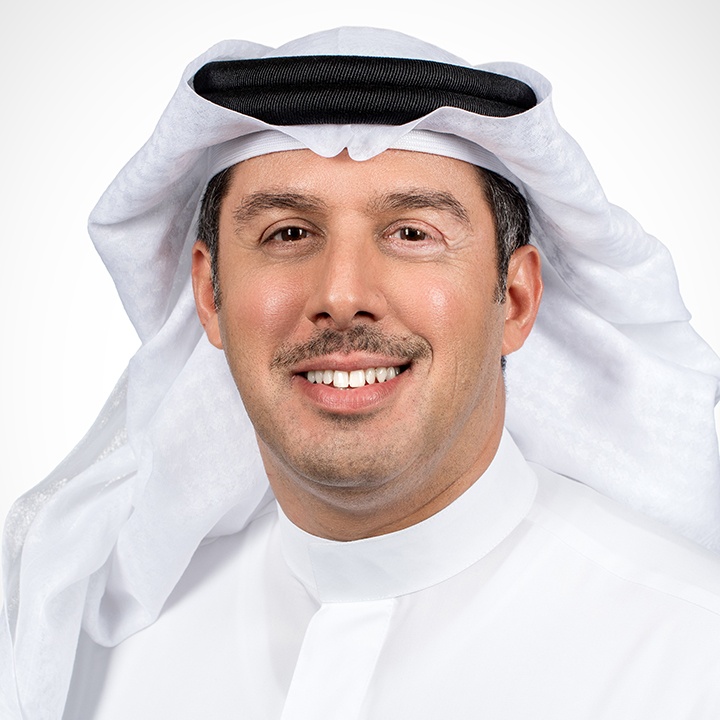In the year 2000, at the height of the dotcom boom, Stephen Hawking suggested that the coming century would be the ‘century of complexity’, sensing that the dramatic increase in computing power would merge with new scientific theories that emerged in the 80s and 90s to allow much greater integration of everything – from genetic codes to traffic patterns to weather systems. In today’s age of global social networks and ever more interconnected financial systems, of nanotechnology and quantum computing, of AI and exabytes of data, even Hawking’s conclusion, prescient as it was, seems to undersell the changes we are living through.
The 4IR
In recent times Klaus Schwab and the World Economic Forum (WEF) have tried to give shape to the disruption that is changing at a rapid pace – arguing that we are now living through the Fourth Industrial Revolution (4IR), a moment as profound as the move from farming to manufacturing in the 1700s. This expansive view has led to a comprehensive attempt to understand where the rhythm of change is taking us. Because technology has drastically shifted the frames of reference across society, it is natural that we look to the entrepreneurs and founders that set the change in motion for answers. This is why we partnered with WEF to bring the top 100 startups who are shaping the 4IR in the Arab World to the WEF Meeting at the Dead Sea, to give them the platform to share their insights on how we can best prepare for the 4IR as a region.
The Dead Sea
While technology poses the questions, it doesn’t always give us the pathway forward, as suggested by the latest call from Facebook for more government intervention in the internet. As much as technology can tackle complexity, it can’t offer simple solutions. Founders can inspire us with their ability to build followers and their sense of urgency – tech cycles now move so fast that Lime, a bike-share company, was a unicorn within two years of being formed – but the power of technology to solve problems on its own has arguably been too over-rated for too long. This was one of the themes I repeatedly observed as a Co-Chair of the World Economic Forum on the Middle East and North Africa.
A startup obsession
Many business leaders and some policy makers praise founder culture, envying the fail fast attitude and sheer ambition. There is a risk in this that governments rely too heavily on a startup culture and neglect their own heavy lifting. While tech ecosystems and a focus on innovation are central to building a competitive economy, the emphasis on what startups can teach us must come with the appreciation that they are only one cog in the machine. As part of our discussions during the WEF Meeting in the Dead Sea with the 100 Arab startups, we saw brilliant ideas based on inspired original thinking, but this thinking needs a framework, and these companies don’t just need to be celebrated, they need to be guided. To facilitate this, Bahrain also partnered with WEF to announce a special programme for the startups, joining us and shaping the 4IR. The program offers them easier market access, access to multiple funding sources, and a dedicated concierge service to support startups in benefiting from our StartUp Bahrain ecosystem. At the same time, this initiative will ensure a constant source of support to our most promising companies – so they can go on to become world-beaters.
A new discussion
At the WEF Meeting, the discussion turned to how we guarantee that technology becomes more human-centred and accountable. Is the world now at the point at which we try and regulate disruption in a more interventionist way? Has legislation lagged technology for too long? Or is it enough to create the conditions where great firms delivering huge positive impact grow up on their own? In Bahrain, we have built a sustainable ecosystem that supports and nurtures founder talent, fosters competition, and introduced legislation that protects the consumers driving innovation. The Central Bank of Bahrain also launched an onshore Regulatory Sandbox in 2017 that allows next-generation FinTech companies to experiment within controlled environments.
While the pace of technology may try to throw natural orders out of balance. Nevertheless, times are changing, and we are now seeing the green shoots of a startup ecosystem blossoming across the region.
And the potential is vast.




